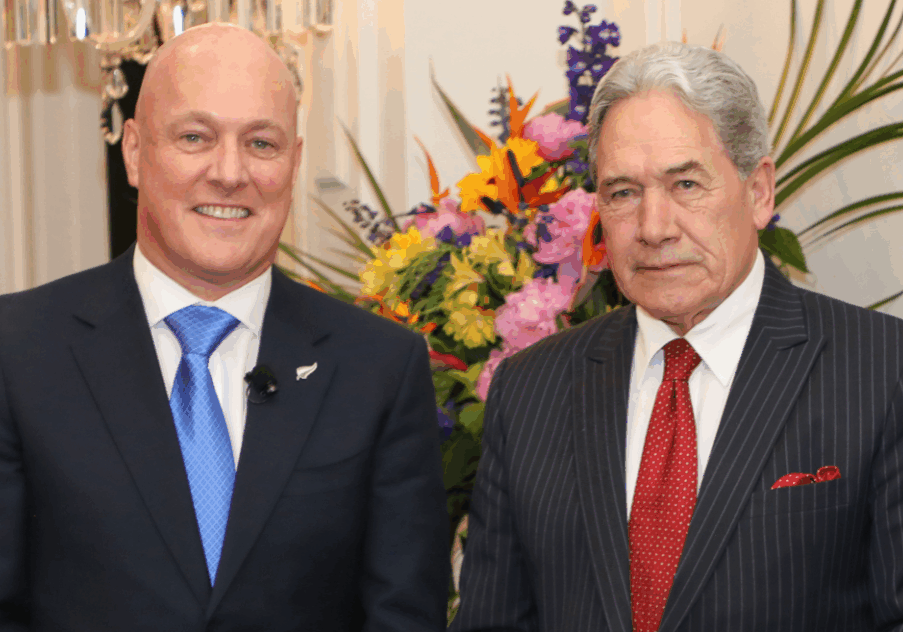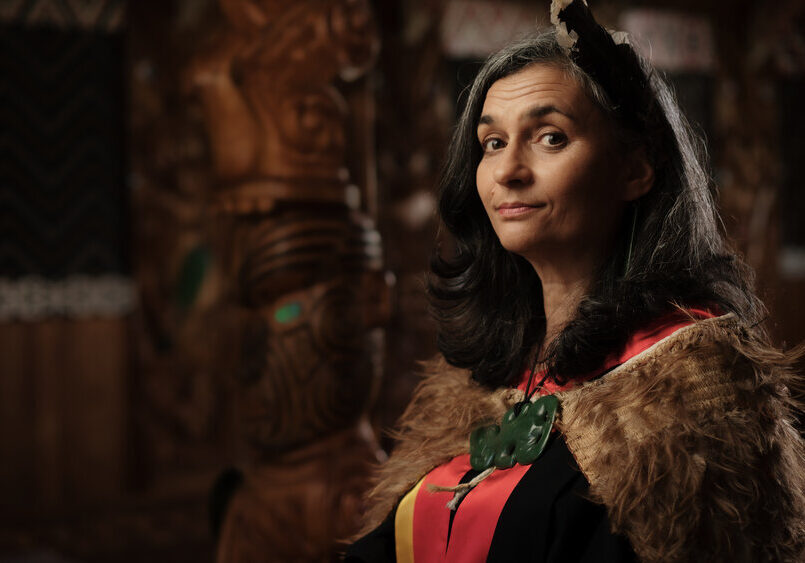Australia/Israel Review
AIR New Zealand: Unity leads to Shechita victory
Dec 20, 2010 | Miriam Bell
MIriam Bell
Communal unity often comes about as a result of a polarising issue, a scandal or a tragedy. For the New Zealand Jewish community, such unity has been evident this year due to the issue of shechita (traditional kosher slaughtering practices) – and the fight against the government’s attempt to ban it.
As recorded in this column in July, Agriculture Minister David Carter issued a new Code of Welfare, which set down minimum standards for the commercial slaughter of animals, in May. According to the Minister, the Animal Welfare (Commercial Slaughter) Code of Welfare 2010 was intended to provide clear guidelines for humane slaughter practices for abattoir operators.
However, the new code also required that all animals (including chickens) commercially slaughtered in New Zealand would have to be stunned prior to slaughter – and contrary to the advice given the Minister by animal welfare advisors, contained no exemptions for religious practice. Since stunning is forbidden in shechita, this would have led to a complete lack of locally killed kosher meat in New Zealand.
In response, Jewish community leaders first tried to negotiate with the Minister and, when those negotiations failed, filed a lawsuit under the New Zealand Bill of Rights Act. They argued that Jewish law is deeply concerned with animal welfare, and that shechita has been in practice for thousands of years (and since 1843 in New Zealand) and is permissible in almost all advanced countries.
Auckland Hebrew Congregation President Garth Cohen and Wellington Jewish Community Centre Chairwoman Claire Massey released a public statement headed “Save the future of Judaism in New Zealand.”
“New Zealand might soon be the first country in the world to outlaw kosher slaughter since Nazi Germany over 70 years ago,” they said. “And New Zealand Jews may soon be the only Jews in the world who can no longer eat chicken.”
Cohen and Massey noted that while some kosher meat might be able to be imported, biosecurity rules would not allow the entry of chicken. Moreover, they were concerned that a ban on ritual slaughter could later be followed by a ban on the import of meat from animals not killed by approved slaughter methods.
“If we lose the right to practise shechita, then the ability to import kosher meat will soon follow,” they said. “The lack of locally-killed kosher meat could be the thin end of a wedge in terms of making it difficult for Orthodox Jews to live in this country. Few Jews will want to migrate here because we will be seen as a country where our traditions and beliefs are not respected or valued.”
In an opinion piece published in the Dominion Post, Wellington Jewish Council Chairman David Zwartz said that, in taking legal action, the Jewish community was not just protecting its own “right to manifest religion or belief in worship, observance, practice, or teaching” as stated in section 15 of the New Zealand Bill of Rights Act.
“It is about asserting the right of any minority ethnic or religious group to carry out its religion without interference from the state, as can be expected in a free and democratic society,” he said.
“Some opponents of shechita have pointed out that not all Jews in the world, or in New Zealand, observe the Jewish dietary laws. But though there may be individual dissenting voices, the action against the ban on shechita in New Zealand is supported by the whole Jewish community whether they follow the dietary laws or not.”
Zwartz emphasised that this is because New Zealand Jews see the ban as a direct attack on the freedom to practise Judaism in New Zealand that had existed since 1843, and as a direct threat to the future of the New Zealand Jewish community.
The ban attracted the interest of Jewish officials and organisations around the world. For example, the JTA reported that New York’s Orthodox Union believed the case was a significant one, and was extremely concerned about it and its possible ramifications, especially in Europe.
Some non-Jewish groups were also outraged by the ban – as proved by an editorial in Australian Food News, which said that New Zealand authorities were demonstrating a hostile lack of understanding of Jewish culture, and of kosher slaughter practices in particular. The AFN editorial argued that those responsible were putting animal rights ahead of human rights, and potentially following historic patterns of oppressive antisemitic regulation.
The case was due to be heard in the Wellington High Court in late November but, just days before the hearing began, lawyers for the Minister agreed to allow the kosher slaughter of poultry in New Zealand. Around 5,000 chickens per year can now be killed according to the requirements of shechita, but negotiations regarding the kosher slaughter of lamb are ongoing. (Kosher beef has been imported into New Zealand for over a decade.)
Interestingly, the agreement came after a national newspaper, the Herald on Sunday, reported that Carter was a part owner of a major farming company that had briefed him on how the government could protect its lucrative trade with Muslim countries by banning Jewish slaughtering. Both Carter himself, and Prime Minister John Key (who comes from a Jewish background), denied that the shechita ban had had anything to do with trade interests.
Meanwhile, the Minister’s reversal on the ban was greeted with delight and relief by members of the Jewish community, both in New Zealand and internationally.
Tags: Australasia, New Zealand






